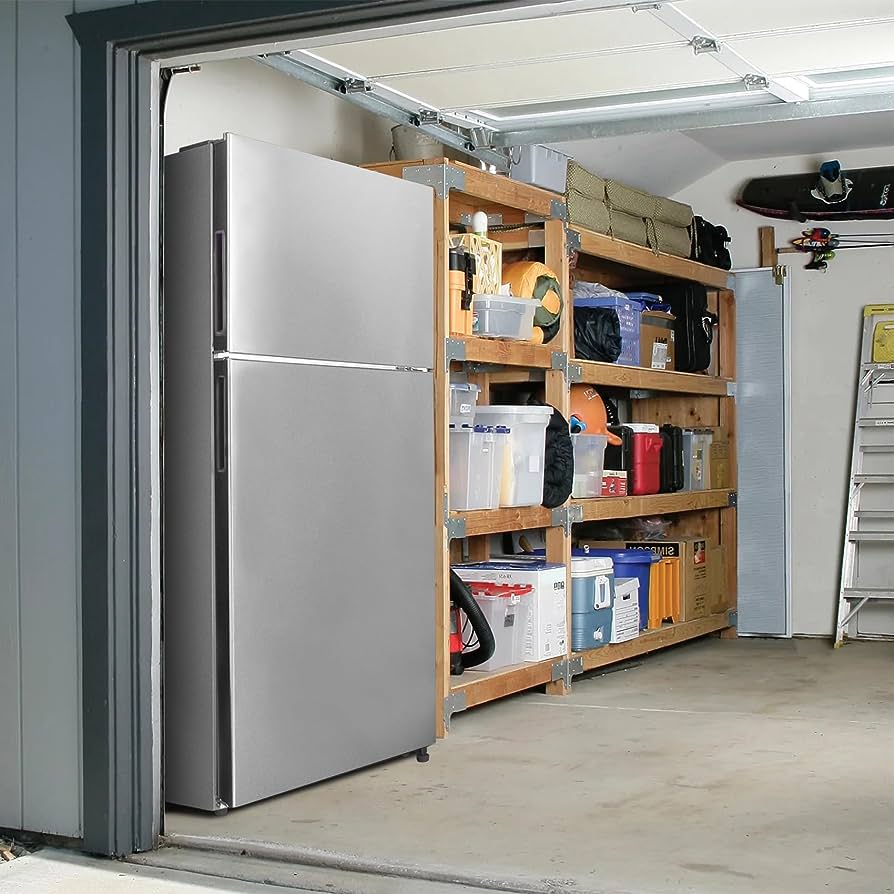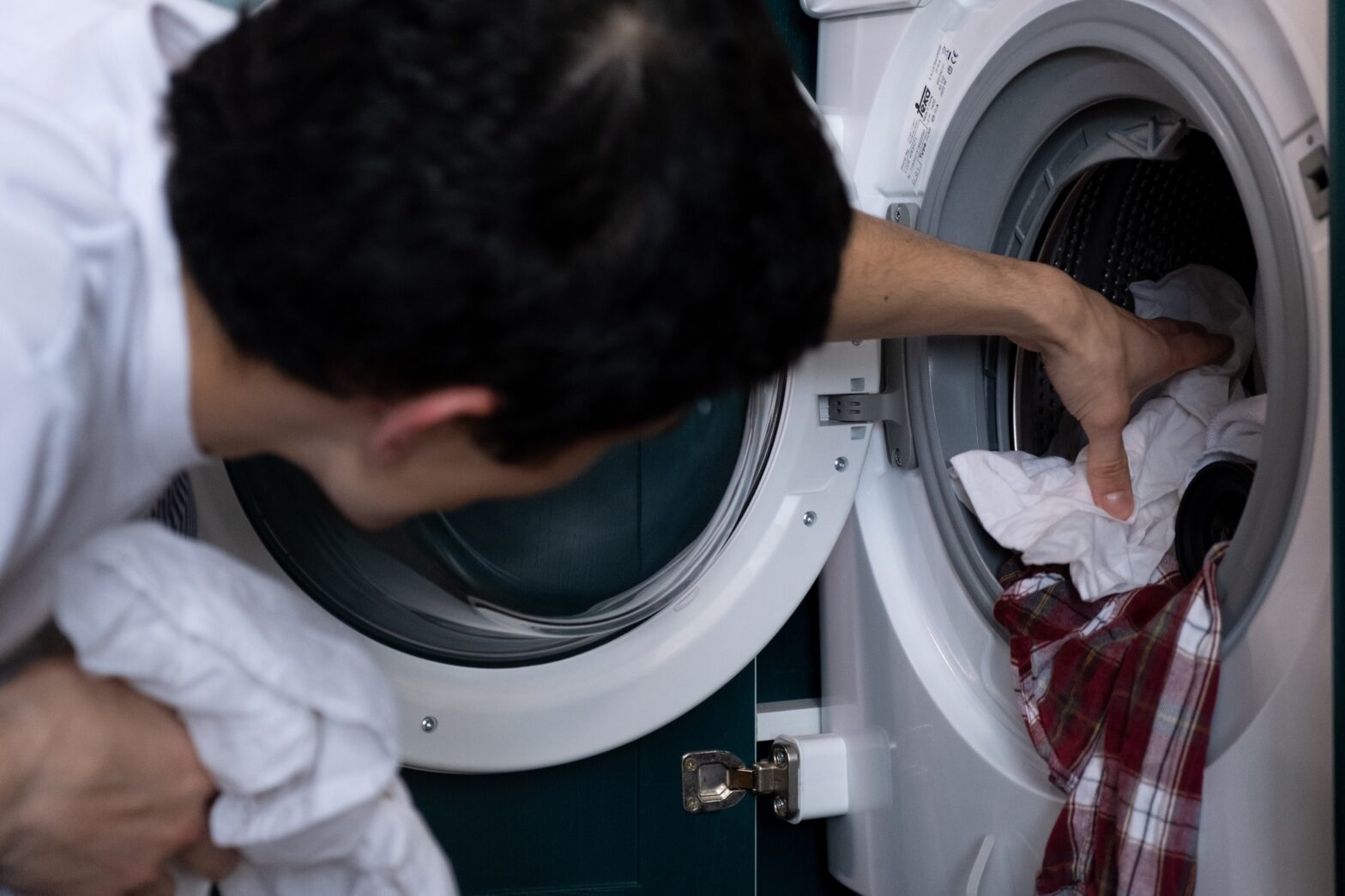Now that it is November 1st and the weather is colder. Here are some safety tips for cold weather and heating:
Staying safe in cold weather and using heating systems effectively is essential to prevent accidents and health issues.
- Keep heating equipment well-maintained: Make sure your heating systems (furnace, space heaters, etc.) are in good working condition. Regularly schedule professional inspections and cleanings to ensure they operate safely and efficiently.
- Install carbon monoxide detectors: Carbon monoxide (CO) is a colorless, odorless gas that can be produced by heating systems. Install CO detectors in your home, especially near bedrooms, to alert you if there's a CO leak.
- Use space heaters with caution: If you use space heaters, keep them at least three feet away from flammable materials, such as curtains and furniture. Never leave a space heater unattended, and turn it off when you leave the room or go to sleep.
- Follow manufacturer's instructions: Always read and adhere to the manufacturer's guidelines for using heating equipment. This includes proper installation, usage, and maintenance.
- Keep flammable materials away: Keep flammable materials like paper, clothing, and curtains away from heating equipment and open flames.
- Proper ventilation: Ensure proper ventilation when using gas or kerosene heaters to prevent the buildup of harmful gases. Never use these types of heaters in enclosed spaces without adequate airflow.
- Seal gaps and cracks: Seal any gaps or cracks in doors and windows to prevent drafts and heat loss. This not only helps maintain a comfortable temperature but also saves energy.
- Dress warmly: Wear appropriate clothing in cold weather, including layers to trap heat. Don't forget to wear a hat and gloves to help prevent heat loss from your extremities.
- Stay hydrated and well-fed: Eating hot, balanced meals and staying well-hydrated can help regulate your body temperature. Warm beverages like tea and soup can also provide comfort.
- Prevent frozen pipes: Insulate pipes in cold areas of your home to prevent freezing. When temperatures drop significantly, let faucets drip slightly to keep water moving and reduce the risk of frozen pipes.
- Fireplace safety: If you use a fireplace, ensure the chimney is clean and in good condition. Use a screen to prevent sparks from escaping and keep flammable items away from the hearth.
- Have an emergency kit: Prepare an emergency kit with essentials like blankets, flashlights, non-perishable food, and a battery-powered radio in case of power outages.
- Know how to shut off the heat: Familiarize yourself with how to turn off the heating system in case of an emergency or a problem.
- Prevent slips and falls: Keep walkways and driveways clear of ice and snow. Use salt or sand to improve traction and reduce the risk of slips and falls.
- Stay informed: Pay attention to weather forecasts and any warnings related to extreme cold, blizzards, or other winter weather events. Plan accordingly to stay safe.
By following these safety tips, you can help ensure a safe and comfortable environment during cold weather and heating usage.







